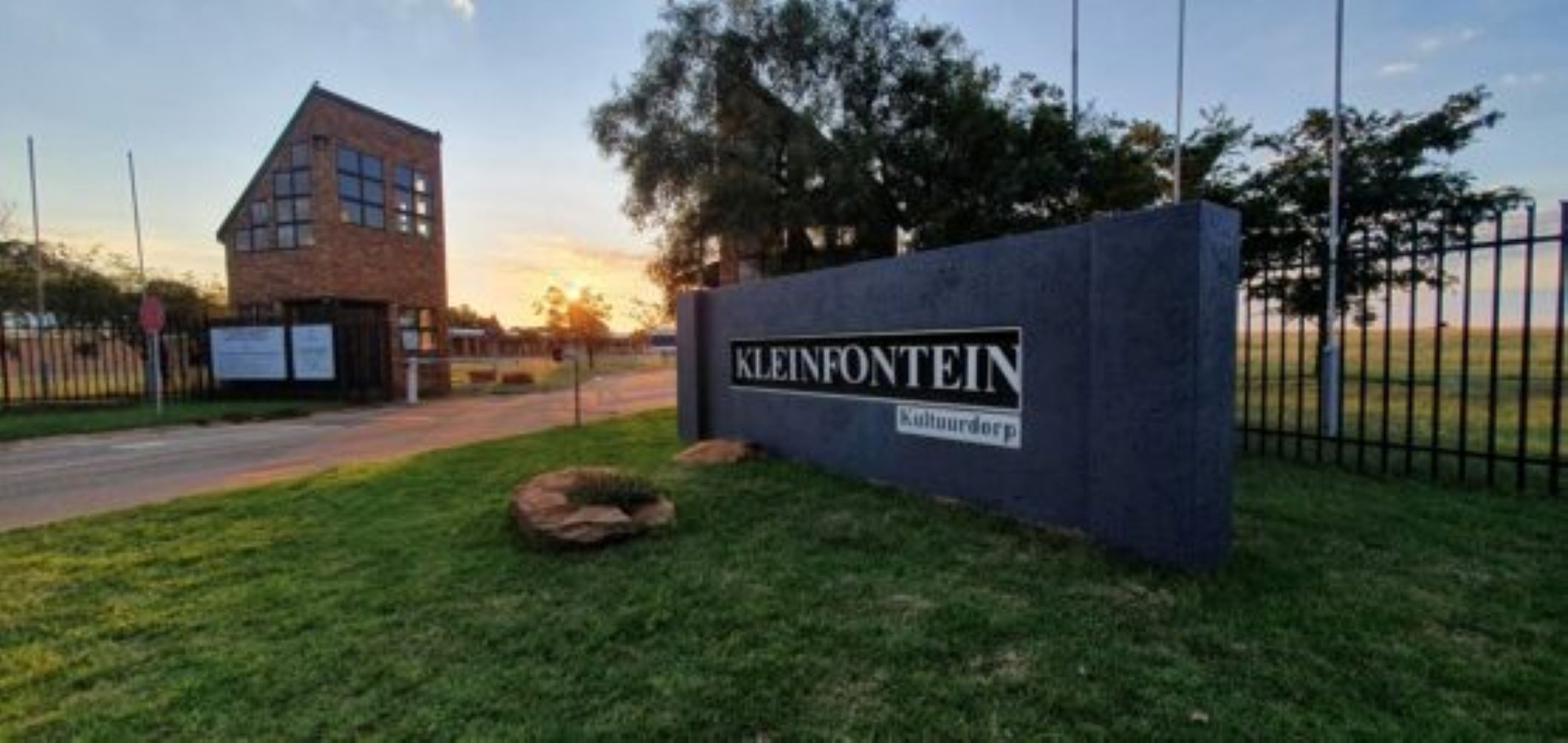But the law ‘doesn’t provide for it’.
The Democratic Alliance (DA) has entered the ring in the dispute about the punitive rates the City of Tshwane imposed on the illegal ‘Boere-Afrikaner’ settlement of Kleinfontein in September last year and underrecovery on other illegal developments in the metro.
Moneyweb earlier reported that the property rates of the settlement, which was developed on agricultural land in contravention of town planning laws, were recategorised by the city from “agriculture” to “non-permitted use”.
The recategorisation means that punitive rates of 7.5 times the residential rate apply, instead of the discounted rates for land used for agricultural purposes that previously applied.
In addition, the property valuation has drastically increased in the recently published general valuation roll, which is currently open for objections.
The local residents’ association has estimated that Kleinfontein’s property rates bill on the section of the settlement where the 600-odd houses have been built will increase from R5 230 per month to R126 148 per month.
The management of Kleinfontein refers to a 6 000% increase and has lodged a dispute. It has vowed to go to court if unsuccessful.
ALSO READ: Tshwane hits Afrikanerdorp Kleinfontein with stiff rates bill
Multiple illegal developments
Lex Middelberg, member of the city council for the Republican Congress of Tshwane, pointed out in a letter to city manager Johann Mettler that Kleinfontein is but one of at least 19 illegal developments.
These are large pieces of agricultural land where luxury houses are being built for profit, without any township establishment or formal subdivision into separate erven.
According to an internal council document that Middelberg obtained access to, there are at least 19 500 erven in these ‘developments’.
The undivided properties are, unlike Kleinfontein, still classified as “agricultural” and are being billed at discounted rates.
ALSO READ: Kleinfontein can’t escape the law any longer
The DA’s solution …
Jacqui Uys, DA spokesperson for finance in Tshwane, criticises “the ANC government” in the city, which she says rejected “the opportunity to create fair property rates for Kleinfontein and others”.
She refers to the council meeting on 24 April, when council failed to deal with a DA motion proposing how to deal with these illegal developments.
“The process of legalising the zoning of these properties is a long road, during which the city has two choices; 1) forfeit rates and taxes from these properties, or 2) charge punitive rates.
“Seemingly, the city has chosen to forfeit rates on some of these developments and to charge punitive rates on others,” says Uys.
“The DA’s motion proposed that the city utilise the opportunity presented by the current review of the city’s valuation roll to put a value to each of the erven,” she adds.
“The act allows the municipality to put a value to a property even in the absence of correct zoning rights and this approach would have allowed these 19 500 properties to fairly and equally contribute to the city’s rates and taxes.
“By not dealing with this motion correctly the ANC forfeited the opportunity to fair payment of rates and taxes by all Tshwane residents.”
ALSO READ: Exclusive Afrikaner township defends legality after court orders Tshwane to enforce bylaws
DA proposal ‘unimplementable’
André Zybrands, a professional valuer in private practice, says however that the DA’s proposal is unimplementable.
The issue is not only that the properties are not used in compliance with their zoning, but that no subdivision has taken place.
The Local Government: Municipal Property Rates Act authorises the valuation of “immovable property” for rates purposes – and “property” is defined as being registered in the deeds office.
Because these “erven” have not been subdivided and individually registered, they cannot be valued individually in terms of the act.
Only the undivided property can be valued.
Owners of the undivided properties, who are most probably also the developers, remain liable for the rates levied on the whole property – and if they choose to recover rates payments from individual homeowners, it has nothing to do with the council, Zybrands says.
He says valuations are normally done on the basis of market value, and the non-compliance would detract from the value. “Any buyer would incur substantial cost to comply and would take that into account when deciding what [they are] prepared to pay for the property.”
ALSO READ: Broke City of Tshwane forfeits billions as illegal developers get free ride
The act, however, specifies that property and improvements erected or used in contravention of the permitted use of the property must be valued as if compliant. The valuer has no discretion in this regard.
Zybrands says there must be consequences for contravening the law, and that includes being levied on a punitive scale for property rates in this case.
He adds that a local authority does not have to wait for the “opportunity presented by the current review of the city’s valuation roll” to adjust the valuation or categorisation of the illegal developments. Corrections to the general valuation roll can be made regularly by way of supplementary valuation rolls.
The multi-party coalition under former mayor Cilliers Brink could therefore have done so at any time when they were governing the city, but largely failed to adjust the rates of illegal developments in the city.
This article was republished from Moneyweb. Read the original here.
